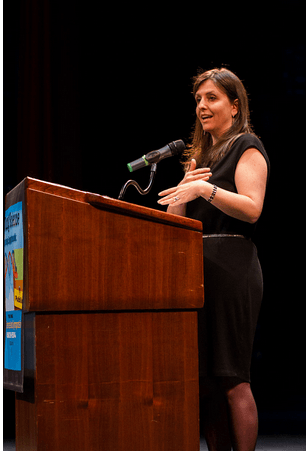UMW announces 2016 lineup for Great Lives lectures
2 min read
EMILY HOLLINGSWORTH
Taking place from Jan.14 to April 14, the Chappell Great Lives Series offers various figures that are meant to draw interests from students and members of the Fredericksburg community. Water laps the shore of the Galapagos Islands as Charles Darwin conducts indelible research that opens centuries of new research and theories in the scientific community.
A relatively unknown Virginia woman dies of cancer. When her body is found, scientists discover that her cells can live on, and the first successful human cell cloning was followed by decades of biological research.
Television viewers of 15 and 50 years have seen firsthand or heard secondhand from their parents or grandparents about Bob Hope and his impact on television and comedy. The University of Mary Washington and members of the community will get to learn about these figures and more during the 2016 Chappell Great Lives Series.
One author in particular, Rebecca Skloot, will be presenting a lecture on Henrietta Lacks. Skloot’s book, called “The Immortal Life of Henrietta Lacks,” was the UMW Common Reads book for incoming freshman students this year.
According to Miranda O’Connor, sophomore biology major, the lecture series can offer someone who is interested in a certain figure the opportunity to learn more about that figure and his or her life.
“If you‘re interested in a certain section, it broadens your perspectives,” O’Connor said. In the same way, Emily Dzubak, junior sociology major, viewed guest speakers who come to the university as a benefit for students, especially students who are unable to leave the university to attend outside events.
“If you can’t make it out of town to go somewhere, it’s nice to have people come to you,” Dzubak said. “It’s good to be informed about what’s going on with things.”











